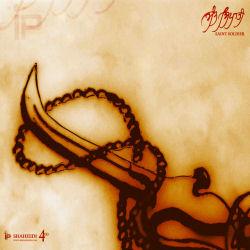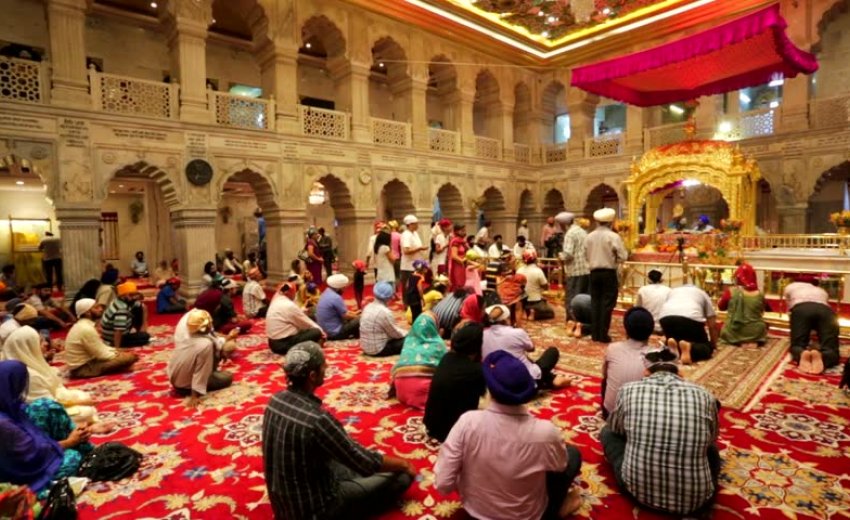Going along with the theme of music which has been popping up all over TheLangarHall.com recently, I came across a documentary from the Asian Network discussing (what the presenter calls) the arrival of a new music scene in which religion is playing a large role in the work of British Asian artists. Now, “religious†music in this innovative sense may not be new to those of us who have been exposed to this type of music before, however as the documentary suggests, religion-focused music is becoming more mainstream and accepted (which, as will be discussed, can be a both positive and negative thing). There still exists the contradictory acceptance of religious music, however, with music promoting Sikh, Hindu, or Muslim values being viewed as conventional and any type of Christian pop/rock music seen as too radical. The question asked throughout the documentary is why is religious music “cool†for British Asians? The argument is that an increasing number of youth are not attending Gurdwaras (or Mosques or Temples) and this type of music is much more accessible to this generation because of the medium in which the message is disseminated. Outlandish and Tigerstyle, two groups discussed in the documentary as promoting religious and political values through their music, are making music which is “real and more conscious†and by doing so, keeping the teachings of the religion alive. While we’re all familiar with Tigerstyle, Outlandish is a hip-hop group based in Denmark whose music includes themes about Islam and contemporary issues facing young Muslims in the west. For too long now, music within the Indian community has been lacking substance. While mixing religion with music is a challenge in secular communities in which these artists exist, there is an obvious desire for it too.
The argument is that an increasing number of youth are not attending Gurdwaras (or Mosques or Temples) and this type of music is much more accessible to this generation because of the medium in which the message is disseminated. Outlandish and Tigerstyle, two groups discussed in the documentary as promoting religious and political values through their music, are making music which is “real and more conscious†and by doing so, keeping the teachings of the religion alive. While we’re all familiar with Tigerstyle, Outlandish is a hip-hop group based in Denmark whose music includes themes about Islam and contemporary issues facing young Muslims in the west. For too long now, music within the Indian community has been lacking substance. While mixing religion with music is a challenge in secular communities in which these artists exist, there is an obvious desire for it too.
On the other hand, the documentary asks whether this type of music is further segregating British (or American or Canadian) Asians? The post 9/11 British Asian identity has largely been disintegrated into a British Sikh, British Muslim, and British Hindu identity. Is promoting religion-specific music going to augment this segregation? Are these artists such as Tigerstyle and Outlandish isolating listeners who may not be Sikh or Muslim? Or is this type of music somehow uniting us? Nusrat Fateh Ali Khan, for example, used Sufi music to cross boundaries amongst religious lines. His music is seen as uplifting and inspiring to people of all religions.
As the documentary says, it just so happens that a lot of great music right now also happens to be religious music. Is religious-focused music segregating?
Before I leave, here is a favorite Outlandish song of mine called Aicha. Enjoy…
TheLangarHall.com - Posted by Sundari on Tuesday, May 20, 2008
